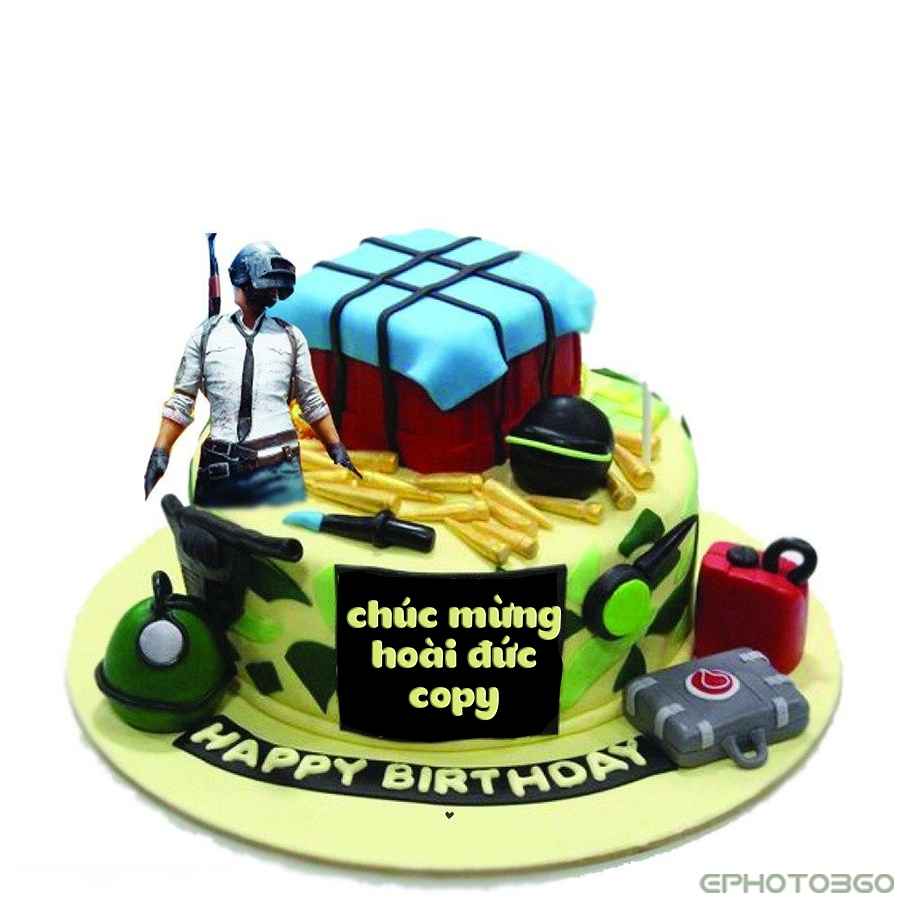Hãy nhập câu hỏi của bạn vào đây, nếu là tài khoản VIP, bạn sẽ được ưu tiên trả lời.

Câu 1 : C
Câu 2 : A
Câu 3 : B
Câu 4 : D
Câu 5 : A
Câu 6 : C
Câu 7 : A
-HT-

Language helps us communicate, express our thoughts, and share our feelings with other people. (Trước tiên, ngôn ngữ giúp chúng ta giao tiếp, diễn đạt suy nghĩ và chia sẻ cảm xúc với những người khác.)
We can hardly understand one another on a deep level. (Không có ngôn ngữ, chúng ta khó có thể hiểu được nhau theo chiều sâu.)
Secondly, most essential information about a nation is written in its own language. (Thứ hai là hầu hết các thông tin cần thiết về một quốc gia được viết sử dụng ngôn ngữ của nước đó.)
If we don’t master a language, it is hard for us to know its culture. (Do đó, nếu chúng ta không nắm vững một ngôn ngữ của một nước, chúng ta khó có thể hiểu được văn hóa của nước đó.)
xin t.i.c.k
HT

1. A. SwitchB. swimC. answerD. sway
2. A. RatherB. sacrificeC. hardD. father
3. A. SomeB. comeC. loveD. home
4. A. Whole B. whiteC. which D. where
5. A.LookB. bloodC. GoodD. foot
II. Grammar & vocabulary: ( 5,0 points) Choose the best answer A, B, C or D for each sentence.
6. The house.......I lived as a child has been pulled down now.
A. who B. whichC. whose D. that
7. Is that the button...........you pressed.
A. whoseB. whoC. which D. whom
8. The moon is a.............................
A. star B. satelliteC. planet D. global
9. The earth receives..............of the sun’s heat and light.
A. all B. mostC. some D . few
10. The man............I saw last week said something totally different.
A. whoseB. thatC. whomD. which
11. Stop him. He’s the man..............stole my wallet.
A. that B. whom C. whose D. who
12. There are a lot of books.................in this library.
A. for you B. to read C. are reading D.which read
13. It..............that only 1000 pandas remain in the wind.
A. are estimated B. was estimatedC. were estimated D.is estimated
14. Dinosaurs became..............millions of years ago.
A. protect B. extinctC. develop D . increase
15. If the wind doesn’t .............., there is no wind energy.
A. blowB. flowC. flew D. fly
16. grass for animals is a .................resource
A.nonrenewableB. limited C.renewable D. clear
17. water power gives energy...........................pollution
A. withB. withoutC. withinD. With of
18. Coal is nonrenewable because it takes.......................to make it.
A. billions of years B. one billion years
C. Millions of years D.Twomillions year
19. I must thank the man from..................I got the present.
A.who B. whomC. which D.that
20. All kind of..............and plants should be protected.
A. tree B. trees C. animal D . animals
21. Solar energy is .....................plentiful and unlimited................clean and safe.
A. not only/ but alsoB.so/ that C. Too/to D.such/that
22. I’m working on a film.....................main office is in LonDon.
A. whichB. whose C. that D. whom
23. The blue whale is a(n).......................species.
A. endangeredB. extincted C. developed D. changed
24. I met a lot of new people at the party............names I can remenber.
A. their B. who C. which D. whose
25. The story.................I listened yesterday was interesting.
A. about whichB for whichC. To whichD. Of which

Dear Joe,
I'm taking part in an Aqua Walking class this Sunday evening. My parents persuaded me to join it with some of my classmates. Would you like to accompany me? I would be extremely happy if you could.
The class provides us a good way to work out and, at the same time, helps us cool down during these hot summer days. It is going to start at 5 pm, but we may need to arrive 15 minutes early and we can come back home at 7.
Attendees will have a chance to exercise in water. That sounds interesting, doesn't it? Also, the class can help train our muscle groups and we will definitely feel a lot healthier! It will surely be fun!
Write me soon and tell me whether you like it or not!
All the best,
...

KEY A
Giải thích: trong mệnh đề quan hệ, everything đi với đại từ quan hệ “that”.
Dịch: Cô ấy cho lũ trẻ mọi thứ chúng cần.